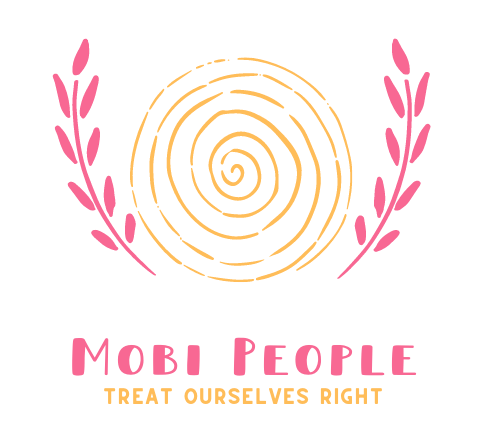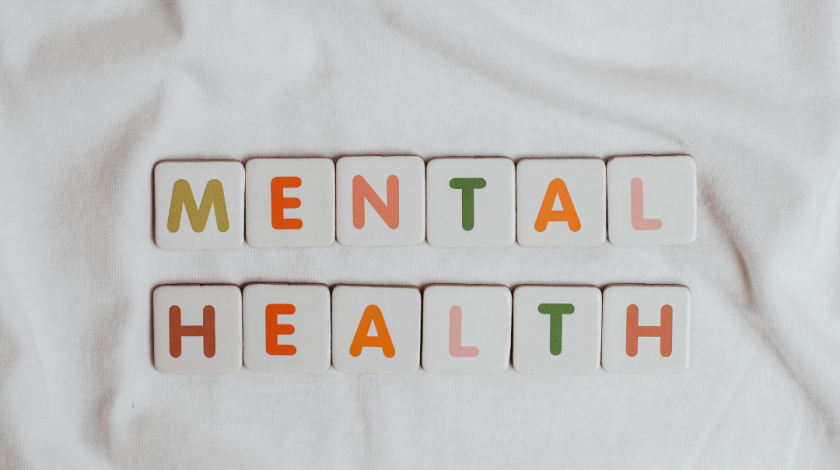Mental health disorders are very real, and millions of people experience them in the United States alone. But sadly, mental health problems are still stigmatized, meaning that people with mental health concerns are often kept from seeking treatment or treated unfairly when they do. According to the CDC or Centers for Disease Control and Prevention, people in America are twice as likely to have a mental illness as to have cancer. Yet, despite these numbers, most people with mental health concerns still fear getting help. As a result, the mental health system is often misunderstood, with many people thinking it’s for “crazy” people. The stigma around mental health isn’t helped by the stereotypes, such as “crazy” people wearing funny clothes or people seeing mental health professionals as “shrinks.”
Many children grow up with what looks like a rough and tough family. They live in a home where they bully other children or where their favorite chore is beating and kicking the poor dog. That kind of life can make them bitter and cruel. Yet, when a child grows up and enters society, society often shuns them without giving them a chance. Child psychiatrists, psychologists, and school guidance counselors look at a child’s life and see worse than what is actually out there.
So, why should mental health not be stigmatized?
Mental health issues affect tens of millions of people in the United States and countless more worldwide. However, the stigma surrounding mental health problems, which is experienced by individuals of all races and genders, often deters people from seeking the help they need. Consequently, many individuals do not receive the appropriate care for their mental health. Consider, for instance, a person struggling with sex addiction, which may take a toll on their mental well-being. Given the stigma associated with mental health concerns, it’s likely that this individual might not reach out for assistance. This stigma can be equally impactful on the person’s partner, who may require support and may benefit from joining a sex addict spouse support group. However, due to societal stigmatization, they may not seek the help they need. In short, regardless of whether poor mental health is linked to addiction or challenging life circumstances, it remains crucial to seek the necessary support. This is because seeking assistance is one of the most effective ways to cope with these issues and promote healing.
The impact of stigma extends beyond personal struggles and addiction; it also permeates the professional sphere. It’s not uncommon for stigma to hinder employers from hiring certain individuals or from offering the necessary support to their employees. This can create barriers for individuals who may benefit from additional assistance in the workplace. Overcoming these stigmas is crucial for fostering a more inclusive and supportive work environment for everyone. With that said, mental health issues, like physical illness, should be approached like any other illness and should be treated as such. With the help of crisis intervention programs, therapies, and counseling sessions, one actually needs to help the other who is facing mental health problems. But stigma still surrounds mental illness. As a result, many people suffer alone, without the proper treatment and support. While it’s not always easy to talk about mental health, doing so is the first step toward better treatment and support for people suffering in silence. Mental health problems affect nearly 1 in 4 Americans, yet our society often stigmatizes those who have a mental health issue or have been diagnosed with a mental illness. Stigma is a term that refers to the unfair negative attitudes and beliefs about people with mental health problems. For example, “sane” is considered normal, while “crazy” is considered abnormal. Stigma keeps us from seeking the help we need, whether that’s therapy, prescription medication, or getting in touch with someone like https://elevate-holistics.com/ to get a medical marijuana card to be able to access cannabis, and prevents us from living healthy and fulfilling lives.
Mental health conditions are prevalent, affecting nearly 1 in every 5 Americans. These disorders can affect nearly anyone, irrespective of ethnicity, age, or gender. However, there are stigmas surrounding mental illnesses that stop many from looking for treatment. Stigma is the concept that mental illness is shameful or embarrassing or that someone with a mental illness is weak or unprofessional.
Mental health conditions affect many people, both young and old. Many who are suffering from this condition find help through counseling, therapy, or support groups. Counseling and therapy usually take place at a mental health facility or with a mental health professional. At the same time, support groups are usually free or low-cost meetings that are held regularly.
It’s crucial to recognize that conditions like autism, ADHD, and other mental illnesses are not character flaws but rather neurodevelopmental differences that contribute to the diversity of humanity. Stigmatizing these conditions only perpetuates harmful misconceptions, hindering these individuals’ access to the right kind of care and setting the mental health movement several steps back. Embracing inclusivity and practicing empathy can pave the way for a society where individuals with diverse neurological profiles are accepted and supported. Offering the right resources, such as ADHD, depression, and autism services among others, can be a vital step in creating an environment that nurtures the potential within each person and creates a safe and supportive environment.
That said, mental health stigma has been an issue for years, but mental health awareness has slowly begun to improve. Thanks to social media, celebrities speaking out, and campaigns like Time’s Up, more and more people admit to mental health issues and introduce their friends and families to the condition.
Most people think that mental health is a topic that is only talked about when it’s needed, but that’s simply not true. Mental health issues affect many people every day, and we must start being open about them. Stigma exists when people believe that a mental illness is shameful or weak and that it’s a sign of weakness to get help. Stigma has a negative impact on people because it thwarts them from receiving their needed help.
Mental health issues should be talked about more and spoken about more openly, rather than stigmatized. Stigma is the negative stereotyping of certain groups, which can negatively impact the well-being of those discriminated against. Stigma is harmful because it can cause people to avoid seeking mental health care, which can have a long-term negative impact on their emotional, mental, and physical health.
Mental health is a term that’s thrown around a lot these days. Everyone appears to be openly talking about this, and it’s even become a topic of political debate. However, we need to keep the conversation going, including talking about mental health. Mental health (or “mental wellness”) is a term that describes how you feel mentally-or how you feel about yourself or how you think the world works. It affects all parts of one’s life: how people behave, interact with other people, and view themselves.


